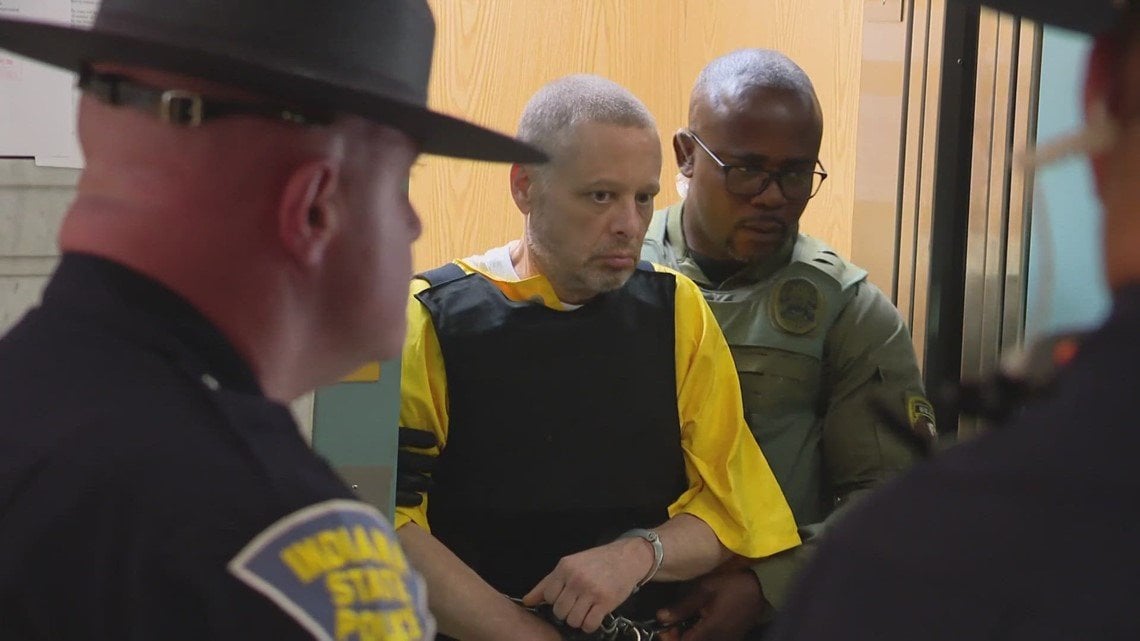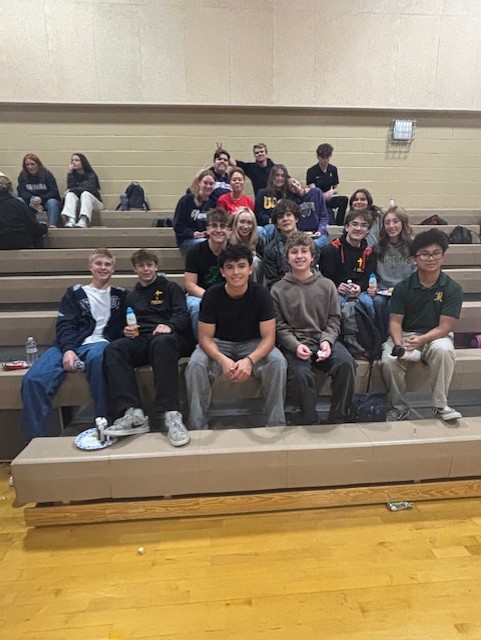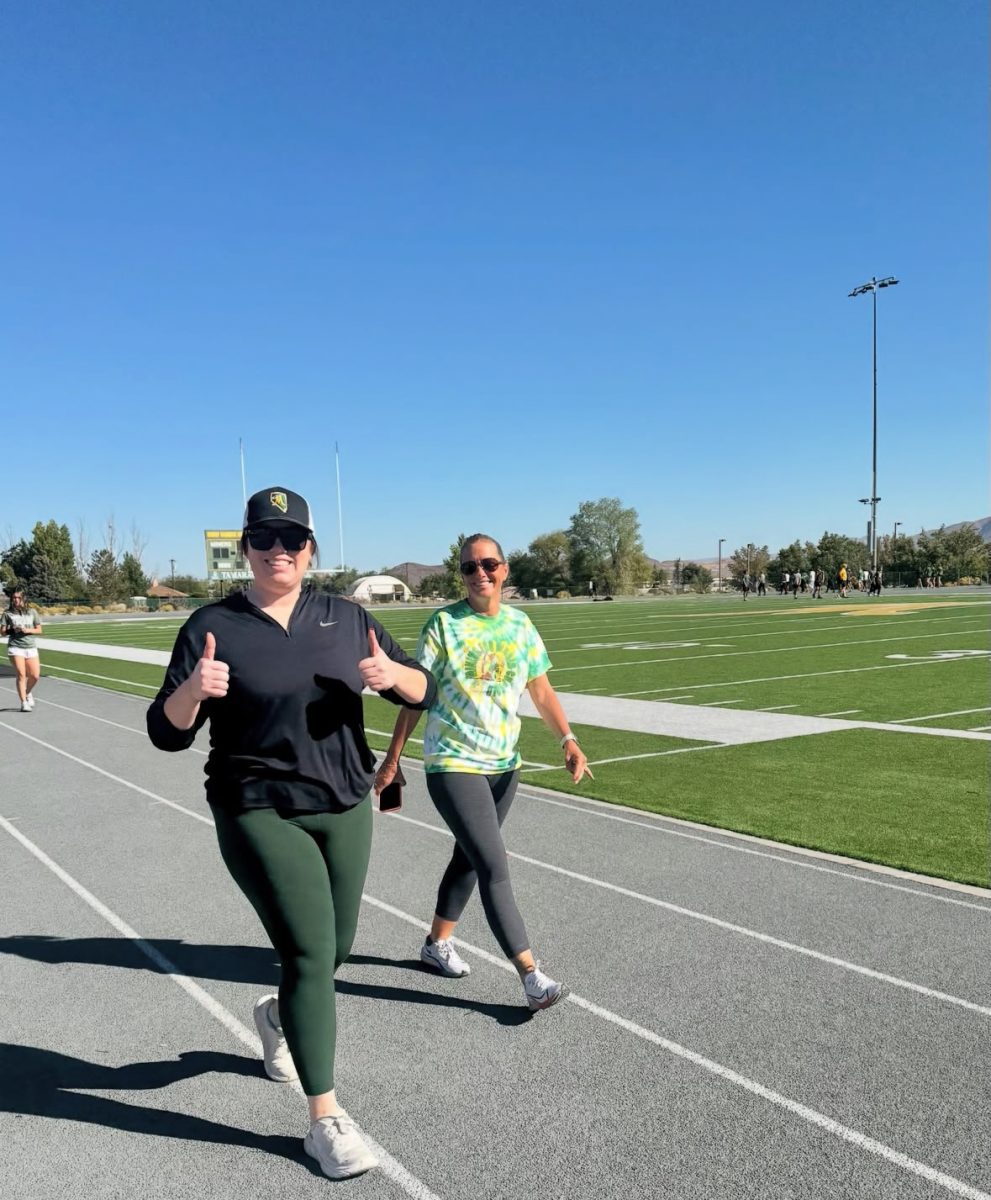The guilty verdict for Richard Allen in the Delphi murders case brings long-awaited justice to the families of Libby German and Abby Williams. The two young girls were tragically killed in Delphi, Indiana, in 2017. While Allen’s conviction may bring some relief to the families and the community, it also highlights the problems that delayed justin in his case for nearly eight years.
Libby and Abby, ages 14 and 13, went missing on February 13, 207, while hiking near the Monon High Bridge. The next day, their bodies were found nearby. Libby’s phone provided chilling evidence — a video showing a man, now believed to be Allen, saying “guys, down the hill.” This was one of the first big clues, and yet it took years before the police identified Allen as a suspect. He had actually reported being on the trail the same day the girls went missing, but somehow his report was misplaced. It wasn’t until five years later that a volunteer found Allen’s report while going through old files, leading to his arrest.
This delay was not just frustrating for the families, but it also raises questions about how investigations like this are handled. How could such an important piece of evidence be overlooked for so long? Thousands of tips were called in, yet Allen’s self-report went ignored until much later, when it was almost by chance that it was found. For years, the families of Libby and Abby were left waiting, wondering if their loved ones would ever get the justice they deserved.
During the trial, Allen’s defense argued that his confession was unreliable, saying it was made under stressful conditions in prison. They also questioned the forensic evidence, particularly a “tool mark” analysis that tried to like Allen’s gun to a cartridge found nearby the bodies. Although Allen was ultimately found guilty, the case relied heavily on circumstantial evidence, and the defense argued that Allen’s confession might have been influenced by his time in solitary confinement.













